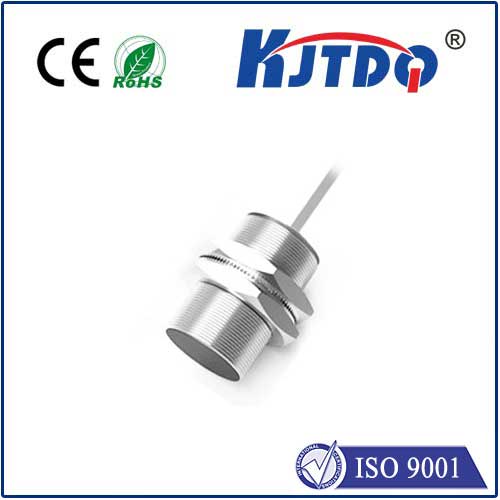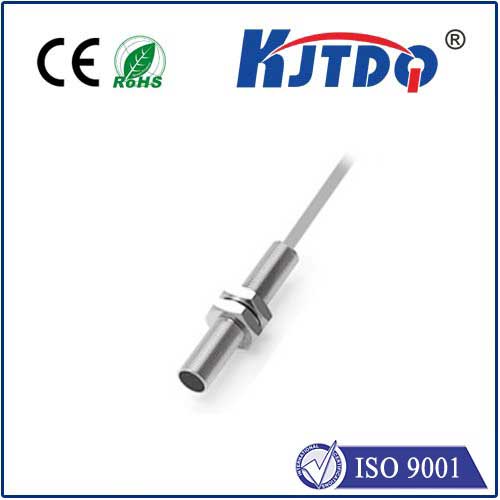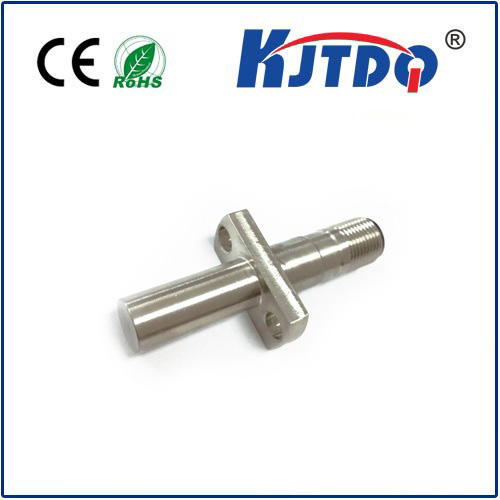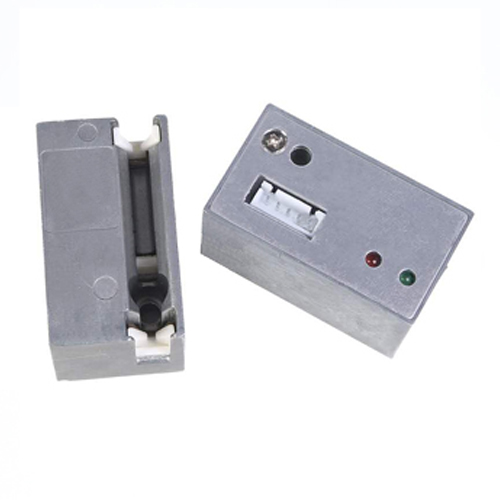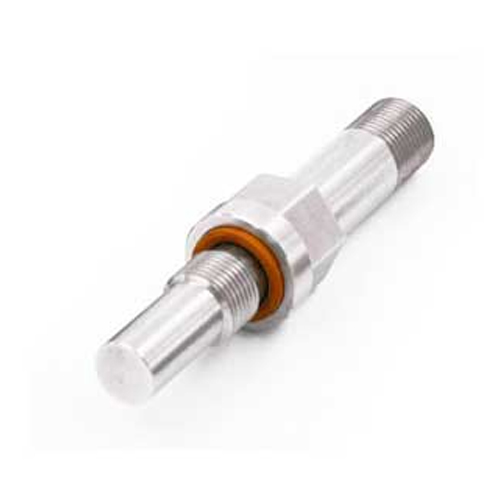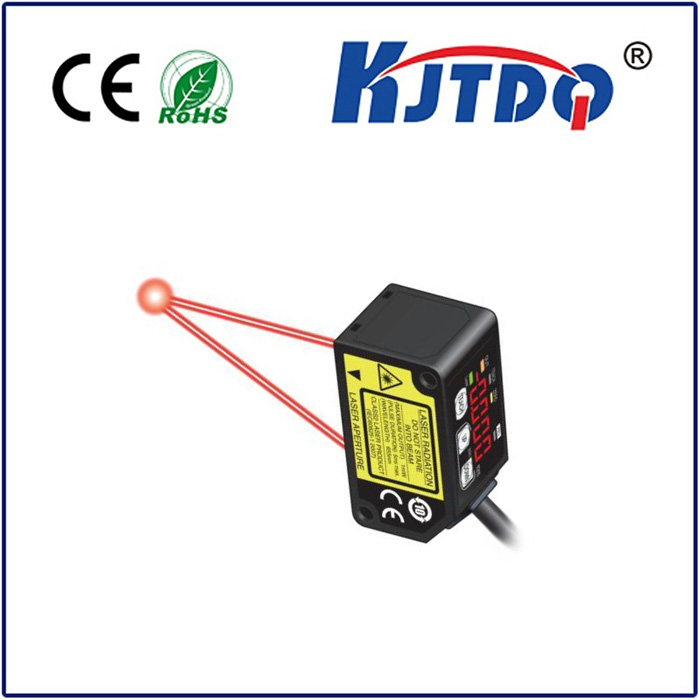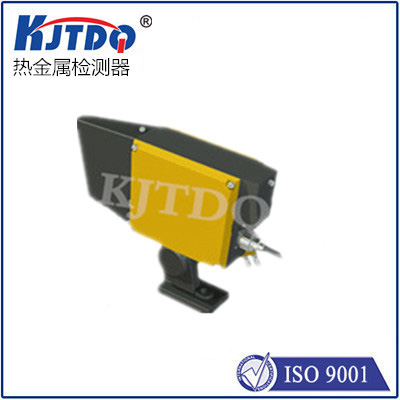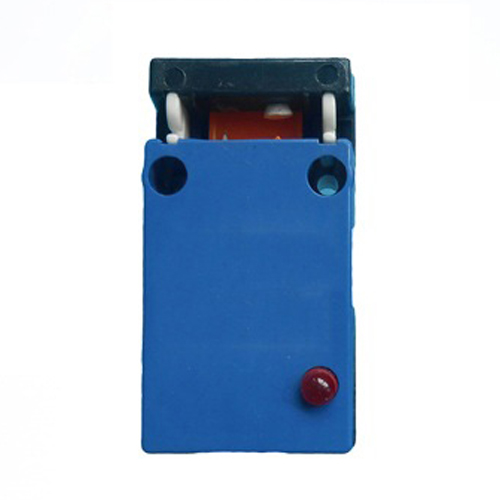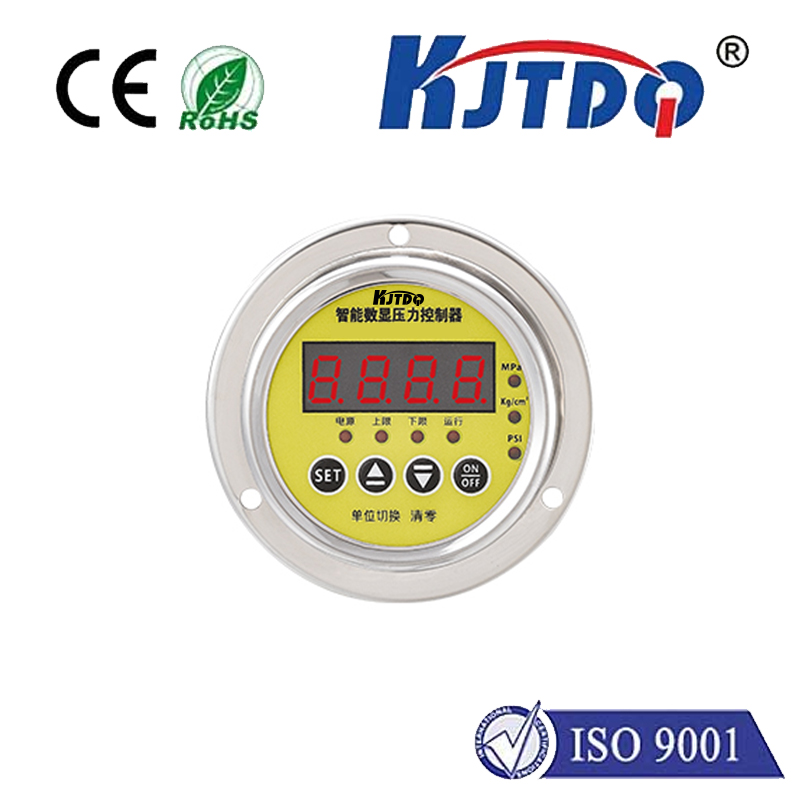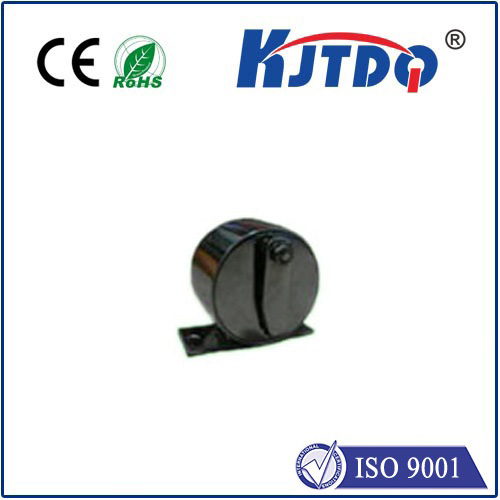

check

check

check

check

check

check

check

check

check

check
Capacitive inductive sensors are a type of sensor that utilizes the principles of capacitance and induction to detect and measure various physical phenomena. These sensors have gained immense popularity due to their high accuracy, reliability, and cost-effectiveness. In this article, we will delve into the basics of capacitive inductive sensors, their working principle, and their applications in different industries.
Section 1: Working Principle of Capacitive Inductive Sensors
A capacitive inductive sensor consists of two primary components: a capacitor and an inductor. The capacitor is placed in series with the inductor, and when an alternating current (AC) flows through them, it generates a magnetic field around the coil of the inductor. This magnetic field interacts with the magnetic field generated by the permanent magnet placed near the coil. The interaction between these fields results in a change in the electrical resistance in the coil, which is then measured by the sensor.
The working principle of a capacitive inductive sensor can be summarized as follows:
* When a AC signal is applied to the sensor, it generates a magnetic field around the inductor coil.
* The magnetic field interacts with a permanent magnet placed near the coil, causing a change in the electrical resistance in the coil.
* The change in resistance is measured by the sensor to provide accurate data.
Section 2: Applications of Capacitive Inductive Sensors
Capacitive inductive sensors have a wide range of applications in various industries, including:
1. Automotive Industry: Capacitive inductive sensors are widely used in automotive systems such as engine management, transmission control, and brake system diagnosis. They help monitor various parameters like engine speed, throttle position, and coolant temperature, providing accurate data for optimized performance and safety.
2. Industrial Automation: Capacitive inductive sensors are employed in industrial自动化 systems for sensing various physical quantities like pressure, temperature, humidity, and vibration. They offer reliable and accurate measurements without any maintenance requirements, making them ideal for harsh environments like factories and warehouses.
3. Medical Technology: Capacitive inductive sensors are employed in medical devices like biosensors and diagnostic tools, helping to measure various physiological parameters like heart rate, blood glucose levels, and blood pressure. They provide accurate readings within seconds, enabling timely diagnosis and treatment.
4. Electronics Manufacturing: Capacitive inductive sensors are used extensively in electronic manufacturing processes like PCB printing, component testing, and quality control. They offer precise detection of defects, errors, and anomalies in printed circuit boards, ensuring high-quality products.
Conclusion:
Capacitive inductive sensors have revolutionized several industries by offering accurate and reliable measurements without any maintenance requirements. Their wide range of applications makes them indispensable tools for various industrial processes, from automotive engines to medical devices. As technology advances, we can expect more innovative applications of capacitive inductive sensors in the years to come.
